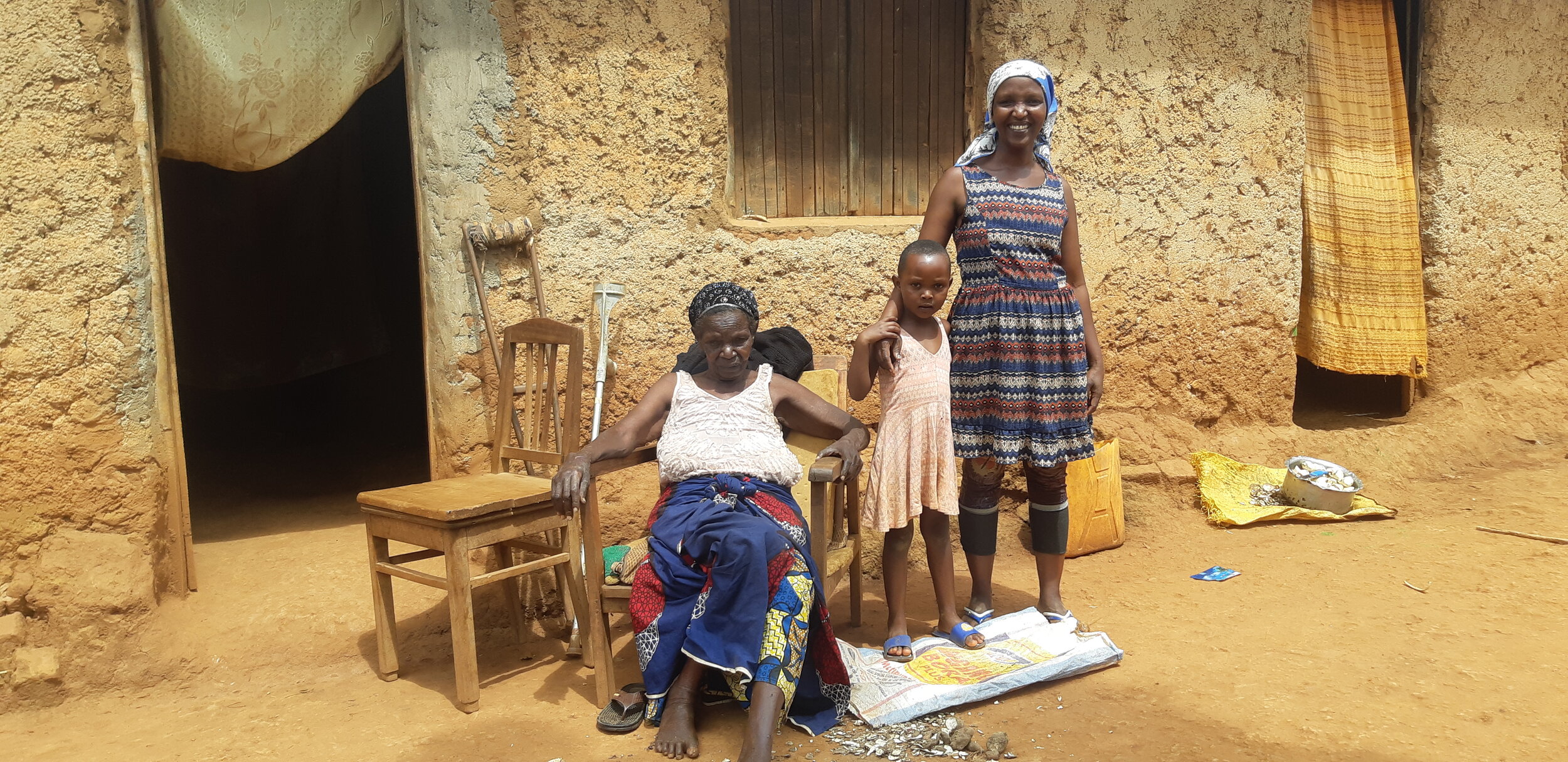Building and Remodeling
When you see a house that was started but never finished, you wonder why the owner never completed the project. Did he run out of money or was there some major event, a divorce or sickness or death, that was the reason? In the Bible, the book of Ezra introduces us to a building project in which the people lost interest. The situation was corrected when the prophet Haggai appeared on the scene.
To remember the theme of the book of Haggai, use this acrostic: How About Getting God’s Abode Improved. Here’s some context: about a century earlier, after losing a battle to the Babylonians, thousands of Israelite captives were marched to Babylon (present day Iraq). Seventy years later, when Cyrus became king of Persia, he let them return to Jerusalem. Upon arriving, they began to rebuild the Temple, which had been destroyed in the earlier battle.
The people laid the foundation for a new Temple, which aroused the ire of some surrounding people, who demanded that the Persian government shut down the project, which happened. As a result, the Temple project was dormant for twenty years. It was at this time that God spoke through Haggai.
“This is what the Lord Almighty says: These people say, ‘The time has not yet come for the Lord’s house to be built.’ Then the word of the Lord came through the prophet Haggai: Is it a time for you yourselves to be living in your paneled houses, while this house remains a ruin?” (Haggai 1:2–4). In other words, people were making improvements to their own homes while the Temple lay unfinished. They had become distracted from their main priority.
All of us can settle into a pattern of life that focuses on our own things, whether it be our home, our yard, or our family. We become distracted from our primary purpose. We need men and women, like Haggai, who will remind us of our greater mission. We may not have a physical Temple to build, but we are called to participate in building the invisible Kingdom of God.
Too many Christians waste their lives, concerned about things that will not last, things they can’t take with them beyond the grave. As my wife says, “There are only two things that last forever: the Word of God and people.” Therefore, it makes sense to give ourselves to helping others understand their significance to God and their need for Christ both in this life and in the next. Your gifts to AHEC are helping to build God’s kingdom on the other side of the globe.
The house of God is no longer limited to a physical location. Both Paul and Peter agree that God’s temple is within the lives of His followers, whether they are in India, Rwanda, America, or elsewhere.
PAUL – “Don’t you know that you yourselves are God’s temple and that God’s Spirit lives in you?” (1 Corinthians 3:16)
PETER – “As you come to Him [Christ], the living Stone—rejected by men but chosen by God and precious to Him— you also, like living stones, are being built into a spiritual house to be a holy priesthood, offering spiritual sacrifices acceptable to God through Jesus Christ.” (1 Peter 2:4–5).
Along with Haggai, we encourage you to continue your work to expand God’s kingdom, both here and abroad.
Marlon Furtado

